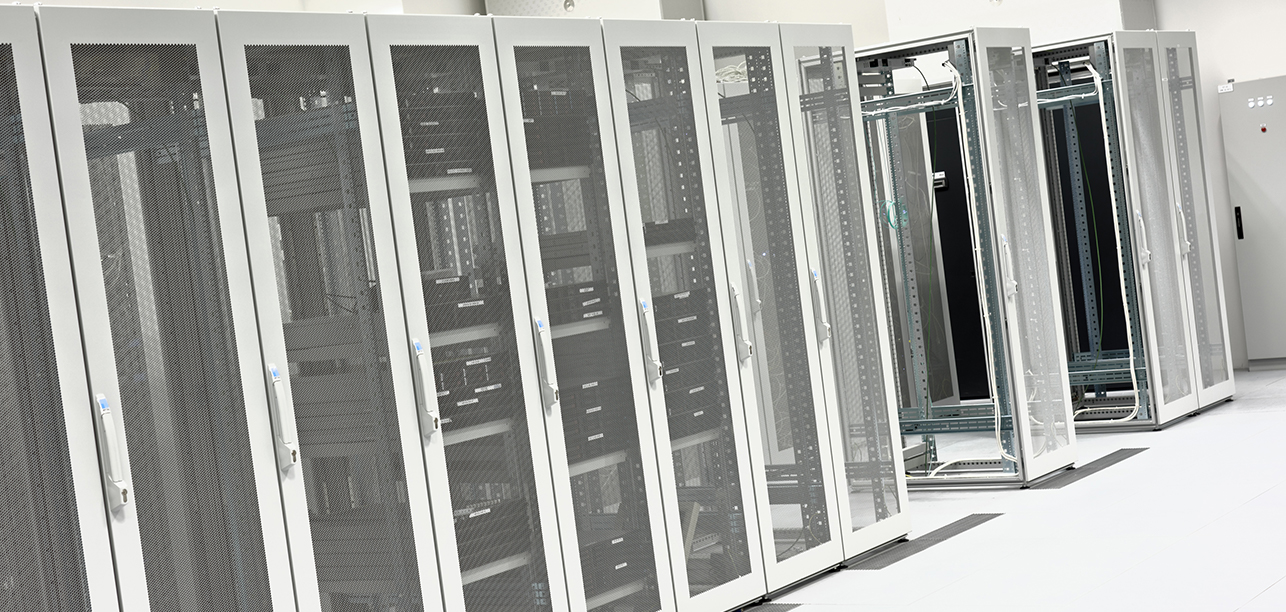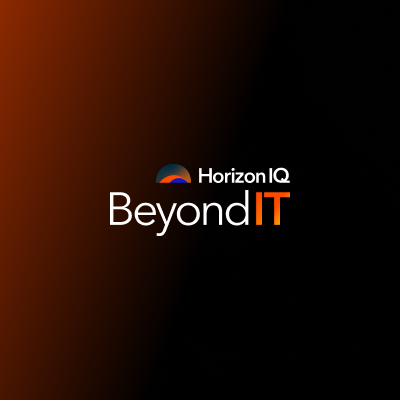
Outside of hosting, data center services are traditionally divided into either retail colocation or wholesale data center leasing options. Recently, however, a middle ground has emerged for organizations that are outgrowing traditional retail colocation but aren’t quite large enough to enter the traditional wholesale market. The grey area between retail colocation and wholesale data center leasing is becoming known as the “wholo” market, and it’s poised for significant growth.
The emergence of wholo can be directly attributed to the rising demand for power in data centers. Generally speaking, the wholo market consists of companies using 200 kW up to 600 kW of power in a single data center. Wholesale suppliers have shifted down-market to accommodate customers with smaller footprint requirements, while retail providers have increased their capacity to support the higher power densities of growing companies. Wholesale data centers can make sense for organizations ready to take on more responsibility for the management of a data center. However, choosing a colocation retailer to provide wholo services can offer advantages in the areas of performance and price for many businesses.
For buyers trying to decide between wholo with retail colocation or a wholesale data center space provider, here are a few factors to consider:
- Cash flow – How much capital do you have available up front? Wholesale normally requires a greater investment of time and money on the front end to purchase the space and build out your footprint. Retail colocation providers typically have inventory immediately available. Wholo services offered by either don’t materially change that dynamic.
- Power needs – How much will your power draw increase over time? High power density is critical for performance-sensitive applications and workloads, and wholo or retail colocation are better equipped to scale capacity than wholesale models.
- Length of term – Retail colocation offers a lot more flexibility around contract terms, while wholesale is really geared for long-term commitments. For shorter-term commits (<5 years), retail is almost always the better choice. That said, wholesale can be more economical for longer term commits (5+ years).
- Service and support – If you have knowledgeable in-house staff that can manage all aspects of your data center space, wholesale may be an option for you. If it makes more sense to rely on your colocation provider to manage your environment, a retail solution may be better. It really comes down to the level of support you expect from your provider.
- SLA – Whether you’re exploring wholo from the retail or wholesale side, having a clear understanding of the SLA and provider responsibility versus customer responsibility is critical. Typically, retail colocation offers a stronger SLA because the provider takes on greater management responsibility than the customer.
Here at Internap, we’ve seen a sharp rise in power draw across our data centers recently. Our colocation buyers are actively seeking infrastructure that can support high power densities. To a very large degree, I think they are finding our solution a cost-effective way to meet their needs for more power and better performance.
Are you evaluating data center services? Contact us today to learn more.


